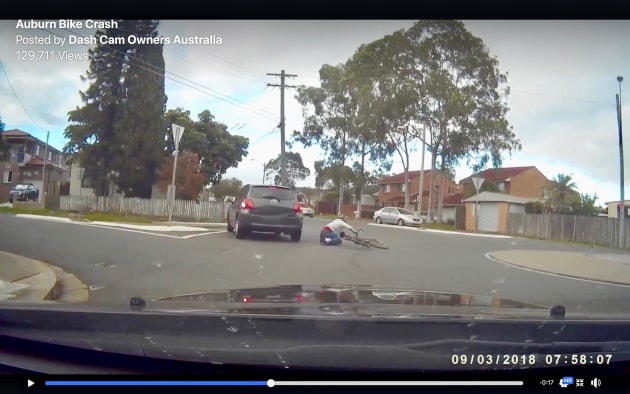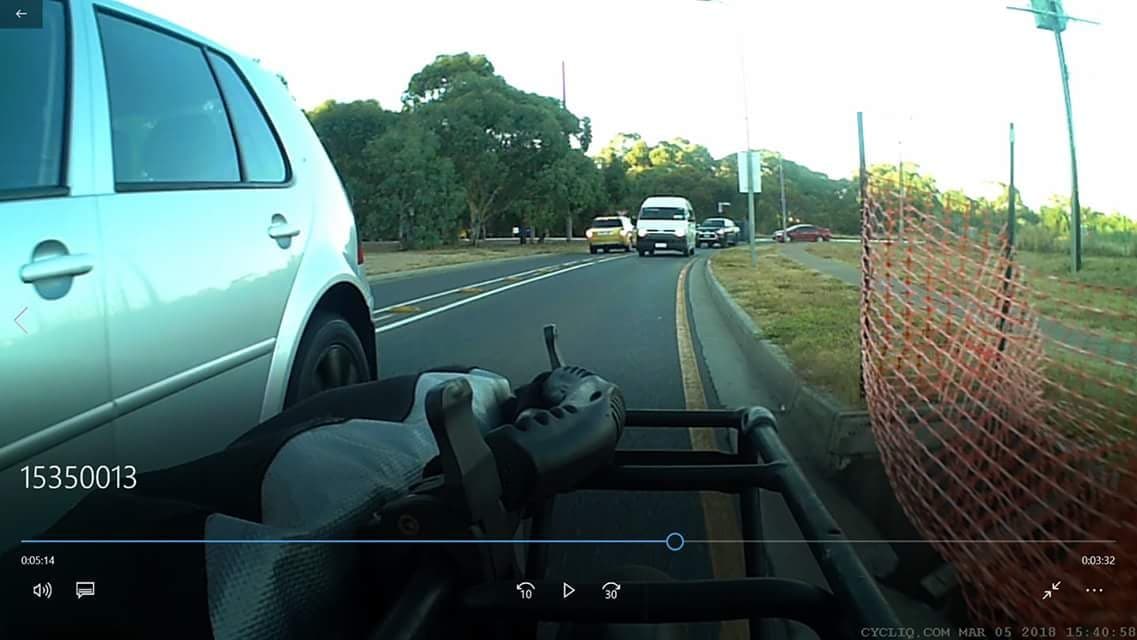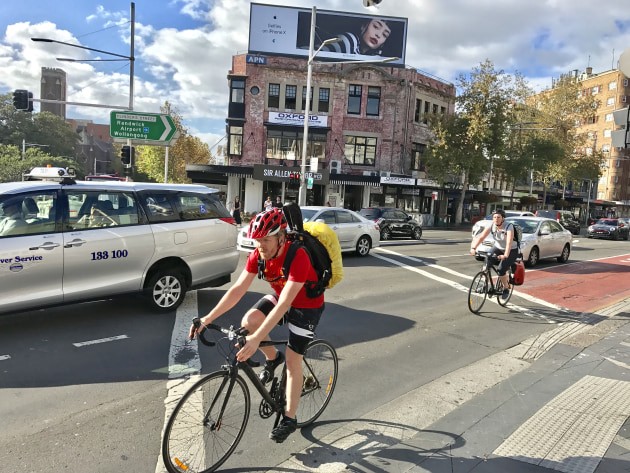But what does ‘PL’ mean?
Supporters say stricter liability laws would go a long way in encouraging courtesy and respect between all road users, and ultimately lead to motorists taking more care, particularly when driving near cyclists and pedestrians.

Tirelessly Campaigning For Change
Bicycle Queensland’s Strong Stance

Bicycle Queensland CEO Anne Savage says evidence suggests drivers are at fault in at least 80% of road crashes involving a cyclist and a motor vehicle.
“Presumed Liability Laws would reduce dangerous driving, save costs on consumers, and increase uptake of active transport,” she said.
Peak Motoring Body Strongly Opposed
“We’re disappointed in BQ for raising this as it’s absolutely the wrong direction when it comes to solving our road safety problems,” said RACQ Spokesman Paul Turner.
“Motorists shouldn’t have to prove their innocence if they’re involved in a collision with a cyclist. It also makes no sense as to why BQ has come out with this view because under presumed liability any vulnerable road user is presumed innocent. Would that mean a cyclist would have to prove their innocence if involved in a collision with a pedestrian?”

Bicycle Queensland’s Position
Bicycle Queensland maintains their strong stance and recommends the laws be introduced in Queensland. The advocacy body recently released a statement explaining background information and why the laws should be considered by the State Government. Here we republish that statement in full.
Why Presumed Liability Laws?
We need to do more to protect vulnerable road users. Evidence suggests drivers are at fault in at least 80% of road crashes involving a cyclist and a motor vehicle.
Presumed Liability Laws would reduce dangerous driving, save costs on consumers, and increase uptake of active transport.
What are the current Queensland laws?
Under current Queensland laws, cyclists and other vulnerable road users must lodge a claim against the motorist to be compensated under compulsory third – party insurance. If the insur ance company rejects the claim, the cyclist is forced to file a costly, distressing, and time – consuming civil claim. Most claims drag on for months, many remain unsettled for years.
How would this change with Presumed Liability Laws?
In the event of an accident involving a motor vehicle and a vulnerable road user, such as a cyclist, t he driver’s liability would automatically be covered by compulsory third – party insurance. D rivers would need to demonstrate that they were not responsible for the accident to avoid liability .
Why should we change current laws?
1. Compensation claims would be resolved more quickly and easily, aligning with Queensland’s compulsory third – party insurance scheme, reducing costs on taxpayers , and easing demand on the court system.
2. With awareness of Presumed Liability Laws, drivers would exercise greater care and drive more carefully, reducing accidents and making our roads safer.
3. People would feel safer to walk and cycle more often – intern ational evidence shows a strong link between Presumed Liability Laws and active transport .
4. Litigation and insurance costs would fall, due to swift and fair compensation – saving individuals, insurers, and the community much – needed time and money.
But, why?
Because our existing fault – based system favours the more powerful and not the most vulnerable. Carriage of the law would be improved by recognising that the driver is at fault in the overwhelming majority of road crashes involving a cyclist.
How would it work in practice?
In the event of an accident, the cyclist would submit a claim for compensation with the car driver’s insurer. Unless the driver can prove they were not at fault, the claim for compensation would be settled quickly and easily, avoiding the distress that both parties commonly experience. In all accidents , the police should be called to the scene to investigate.
Do other jurisdictions have Presumed Liability Laws?
Yes, Presumed Liability Laws are in practice in most western European countries and in other countries around the world including New Zealand, India, and China. In Europe, France has had Presumed Liability Laws since 1985, Denmark since the mid – 1980s, the Netherlands since the early 1990s, and Italy since 1996.
Do motor vehicle insurance companies support Presumed Liability Laws?
The default position of motor vehicle insurance companies in any accident is to deny liability, so most reject the suggestion of presumed liability laws.
Under presumed liability laws, those who stand to lose the most are law firms and insurance investigators.
The overall costs of claims and payouts, and the time taken to settle payouts, would in all likelihood decrease.
With all due respect to these companies , Bicycle Queensland would welcome sensible discussion about presumed liability laws and how these laws could benefit all Quee nslanders.
Many other advanced countries have successfully introduced presumed liability laws – they are worthy of our consideration and would go a long way to improving road safety and ending the tragic death toll of road crashes.
What will Bicycle Queensland do to promote Presumed Liability Laws?
Bicycle Queensland has recommended the introduction of Presumed Liability Laws to the Queensland Government, and will publicly call for their introduction at every appropriate opportunity.
- A 2013 University of Adelaide study that examined crash records found motorists to have caused four in every five crashes between cars and bicycles.
- In Victoria, a Monash University study focussing on photographic and video evidence found drivers were responsible for 87% of the studied collisions with cyclists.
We’d Love To Hear From You: Should Australian States Should Adopt Presumed Liability Laws?


